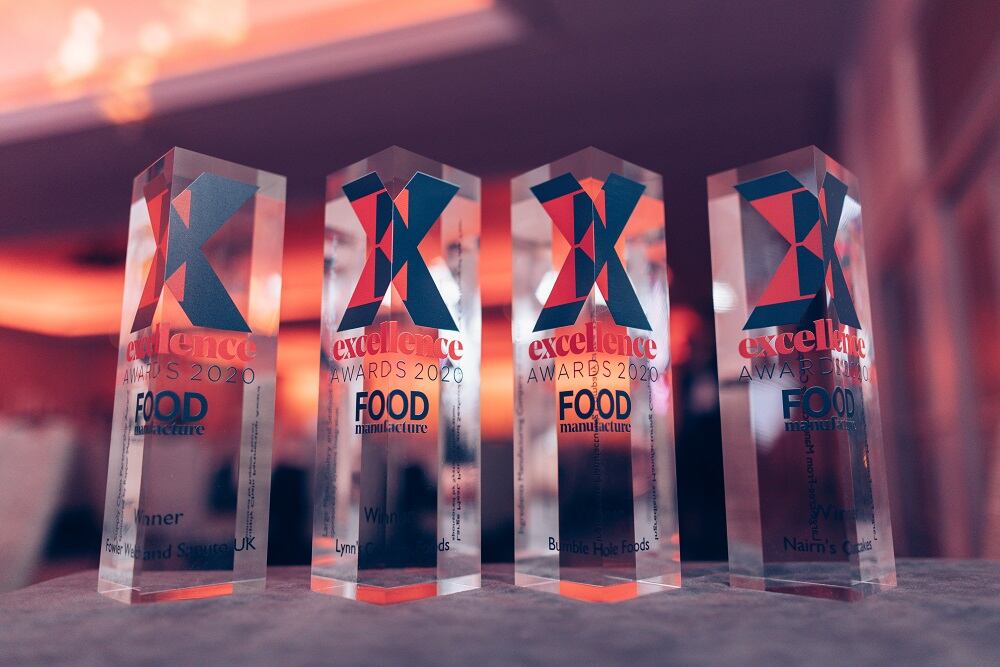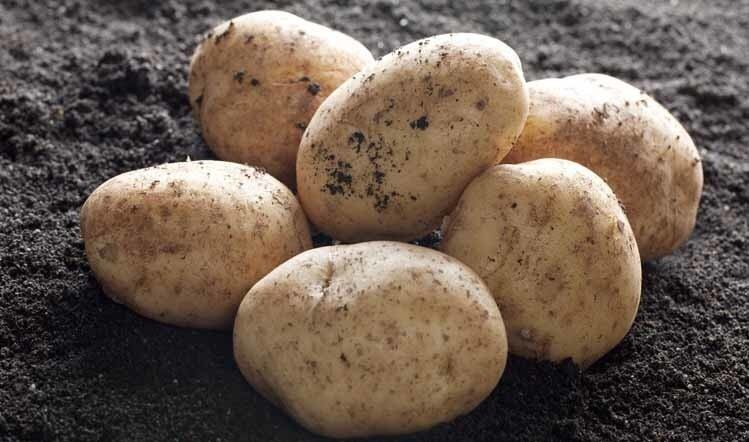The six finalists in the food and drink category represented a diverse range of ideas, from a method to differentiate adult stem cells to make cultivated meat products, to the use of artificial intelligence (AI) to create unique ‘fingerprints’ for food products.
Other noteworthy contenders among this year’s 24 finalists that could have applications in the food and drink industry included a plant-protein alternative to plastics and microplastics, a suspended graphene gas sensor for real-time air-quality monitoring and a new system to rapidly develop new enzyme products.
‘Pioneering ideas’
Jo Reynolds, director of Science & Communities at the Royal Society of Chemistry, said: “We have been incredibly impressed by the quality and quantity of applications to the competition. The proposals have demonstrated that this year’s extraordinary circumstances have fuelled some pioneering ideas for chemistry to play a prominent role in tackling some of the biggest challenges facing the planet at this moment.
“As always, it was very difficult to narrow the wealth of applications down to the final 24, but we believe this year’s shortlist represents a hugely exciting range of agile tech innovators, start-ups and spin-outs with opportunities to bring cutting-edge science to the real world and benefit all of us.
This year’s finalists are in the running for a share of a £160,000 prize pool, with successful applicants awarded £20,000, 12 month’s one-on-one support from a specially assigned Royal Society of Chemistry mentor and offered a further £20,000 available as a business acceleration grant.
£51m equity investment
Emerging Technologies Competition winners from previous years have gone on to raise a combined total of over £51m in equity investment and grant funding, with one company subsequently being sold for £28m.
In July, Food Manufacture spoke to Ellen Norman, Reading Scientific Services Ltd's principal scientist and judge at this year’s competition, about what she believed would makes a winner in the contest.
Meanwhile, Fiona Kibby, Society of Food Hygiene & Technology board member, and Laura Ryan, global chair of Meat Business Women, are helping to judge the 2021 Food Manufacture Excellence Awards.
Food and drink finalists





